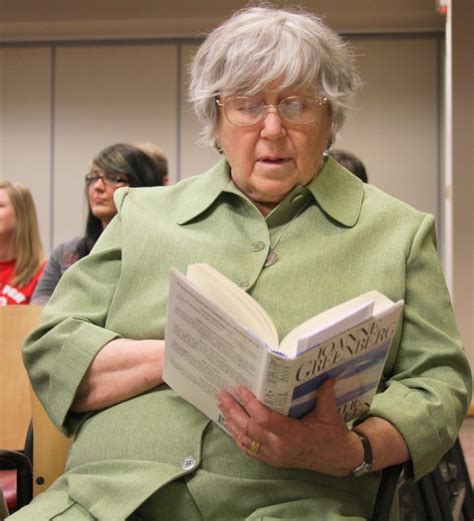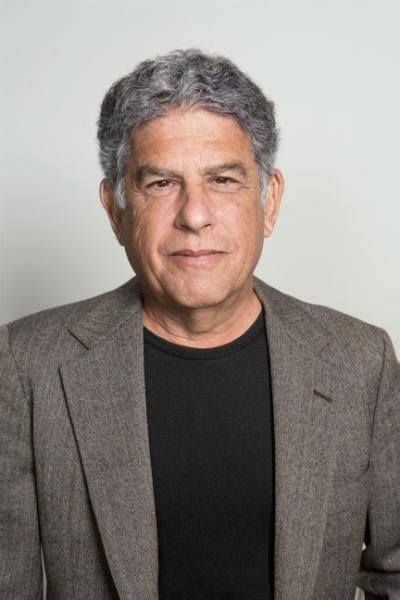A Quote by Jeanette Winterson
The mind will not believe in death, perhaps because, as far as the mind is concerned, death never happens.
Related Quotes
Executions, far from being useful examples to the survivors, have, I am persuaded, a quite contrary effect, by hardening the heart they ought to terrify. Besides, the fear of an ignominious death, I believe, never deterred anyone from the commission of a crime, because in committing it the mind is roused to activity about present circumstances.
And the greatest calamity that has happened to the human mind is that he is against death. Being against death means you will miss the greatest mystery. And being against death also means that you will miss life itself - because they are deeply involved into each other; they are not two. Life is growing, death is the flowering of it. The journey and the goal are not separate; the journey ends in the goal.
Whatever thought grips the mind at the time of death is the one which will propel it and decide for it the nature of its future birth. Thus if one wants to attain god after death, one has to think of him steadfastly... This is not as simple as it sounds, for at the time of death the mind automatically flies to the thought of an object (i.e. money, love) which has possessed it during its sojourn in the world. Thus one must think of god constantly.
Life and death are nothing but the mind. Years, months, days, and hours are nothing but the mind. Dreams, illusions, and mirages are nothing but the mind. The bubbles of water and the flames of fire are nothing but the mind. The flowers of the spring and the moon of the autumn are nothing but the mind. Confusions and dangers are nothing but the mind.
From a Buddhist point of view, the actual experience of death is very important. Although how or where we will be reborn is generally dependent on karmic forces, our state of mind at the time of death can influence the quality of our next rebirth. So at the moment of death, in spite of the great variety of karmas we have accumulated, if we make a special effort to generate a virtuous state of mind, we may strengthen and activate a virtuous karma, and so bring about a happy rebirth.
Samadhi means when sushupti, dreamless sleep, becomes alert, awake. When you are asleep as far as the body is concerned, you are asleep as far as the mind is concerned, because there is no disturbance of any dream, there is no tension in the body - but beyond the mind, the no-mind is fully alert. He knows that the mind is without any dreams, he sees it, it is without any dreams, he sees it the body is absolutely relaxed. And this seeing, this alertness, continues twenty-four hours. Then sushupti becomes samadhi.
Death is unimportant to a yogi; he does not mind when he is going to die. What happens after death is immaterial to him. He is only concerned with life-with how he can use his life for the betterment of humanity. Having undergone various types of pain in his life and having acquired a certain mastery over pain, he develops compassion to help society and maintains himself in purity and holiness. The yogi has no interest beyond that.
But how to know the falsity of death? How can we know there is no death? Until we know that, our fear of death will not go either. Until we know the falsity of death, our lives will remain false. As long as there is fear of death, there cannot be authentic life. As long as we tremble with the fear of death, we cannot summon the capacity to live our lives. One can live only when the shadow of death has disappeared forever. How can a frightened and trembling mind live? And when death seems to be approaching every second, how is it possible to live? How can we live?


































